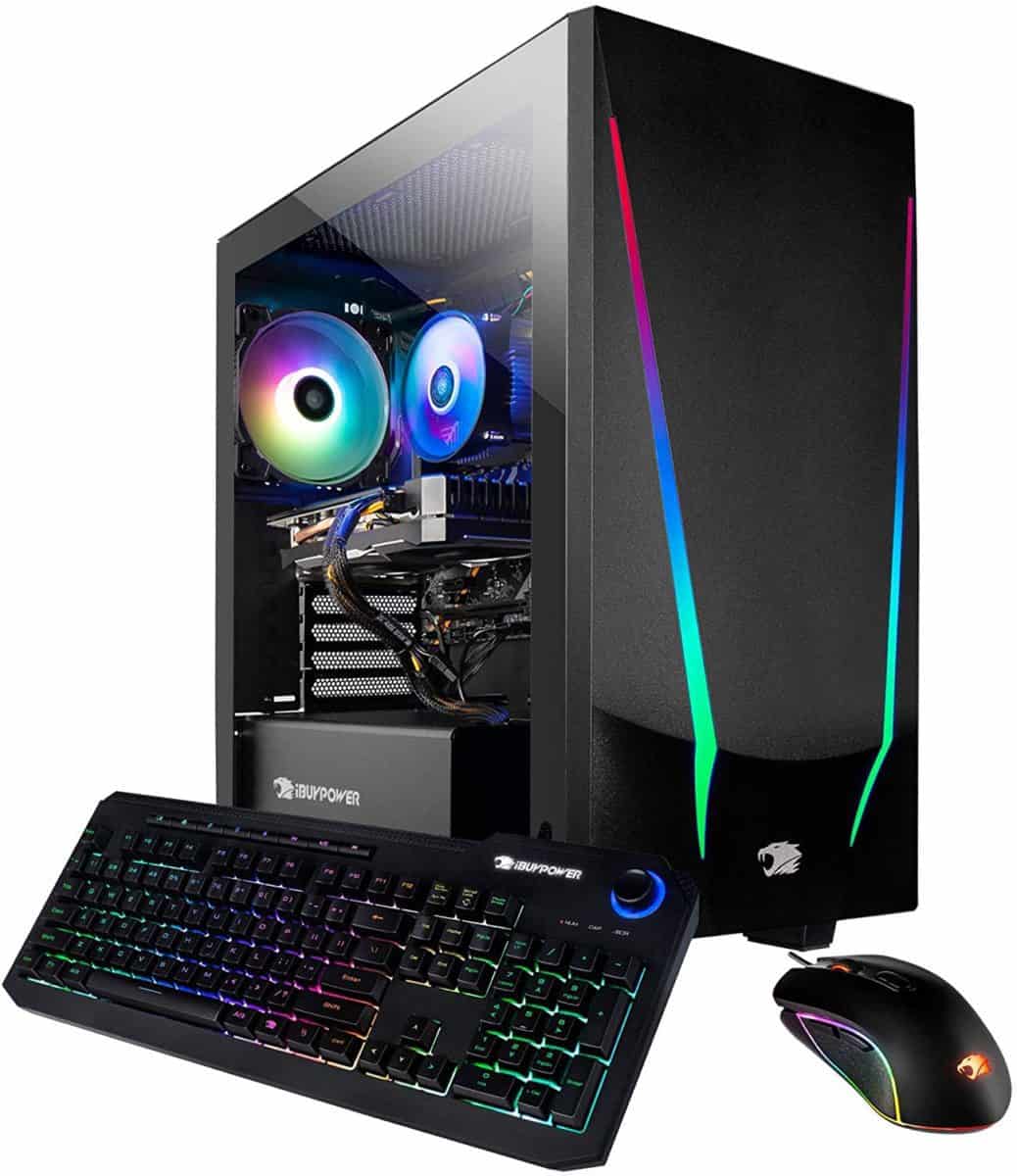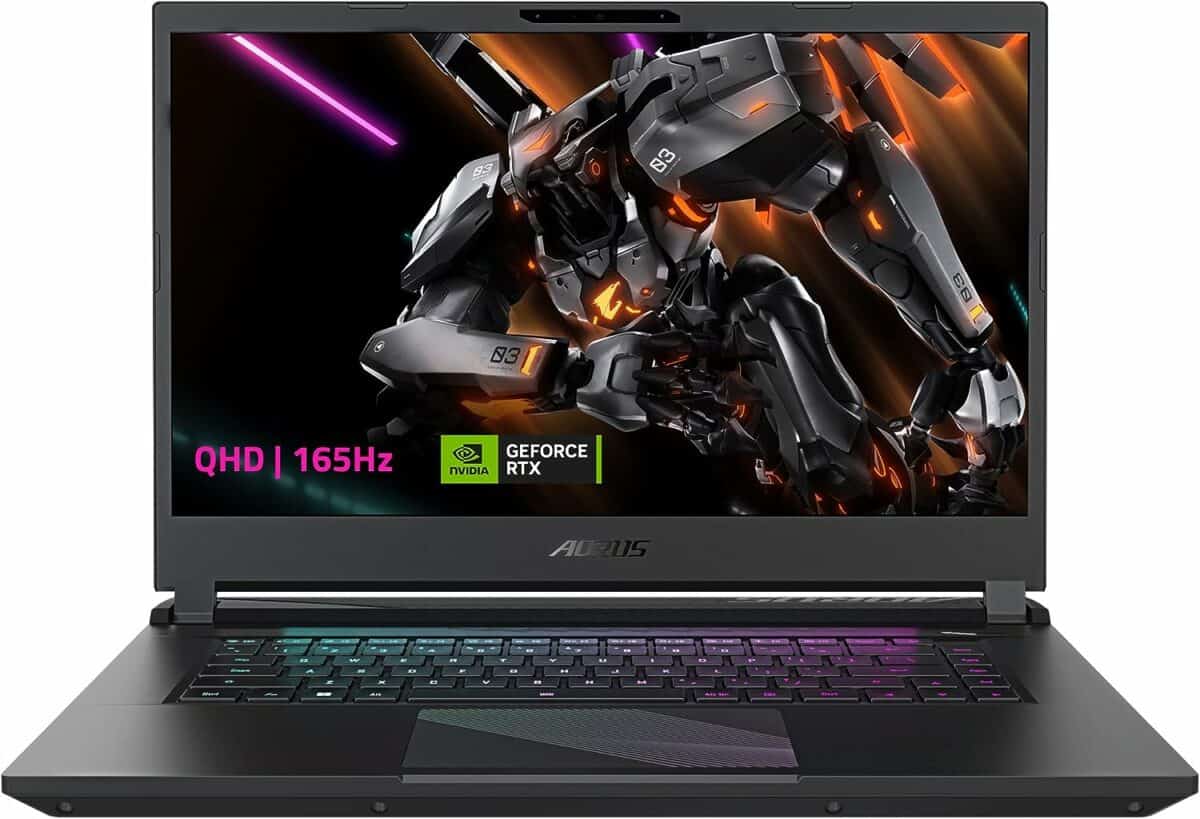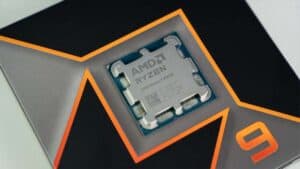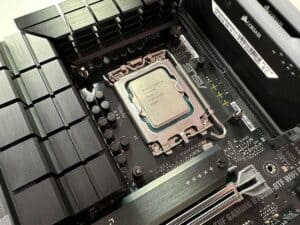Is Intel Xeon better than i7? Here’s what we think
Is Intel Xeon better than i7? Let's find out
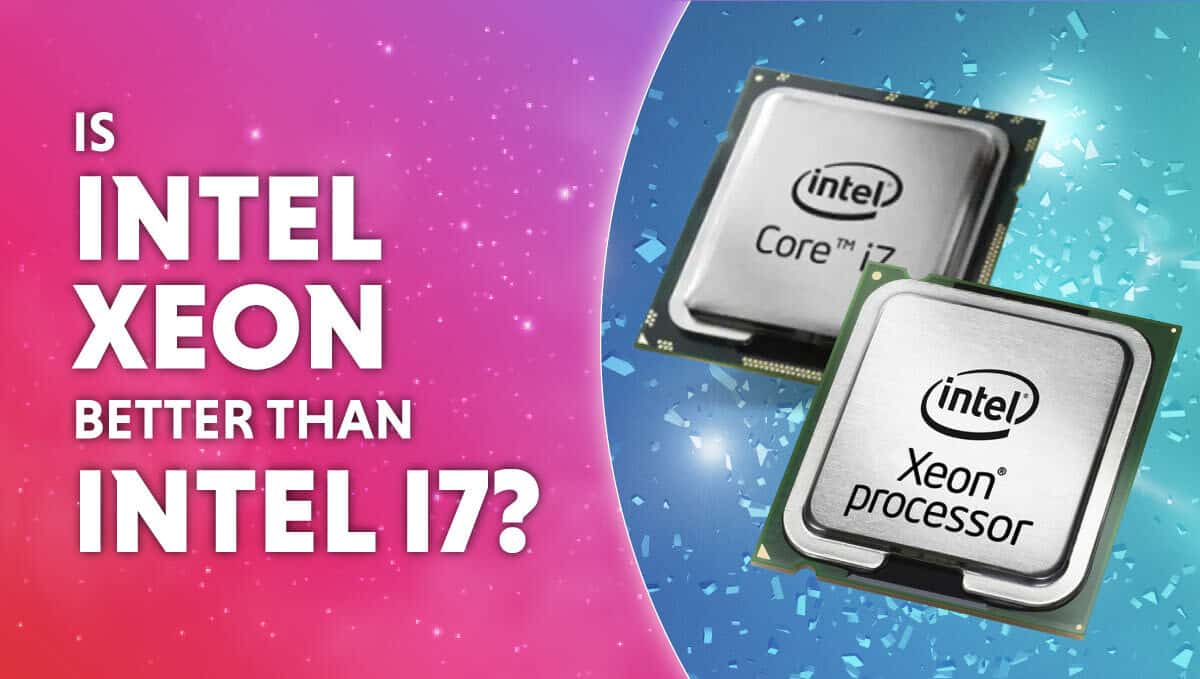
WePC is reader-supported. When you buy through links on our site, we may earn an affiliate commission. Prices subject to change. Learn more
Is Intel Xeon better than i7? You’re about to find out. Two of the popular families Intel’s processors belong to are Intel Xeon and Intel Core i7. Those looking to equip themselves with an above-average processor for productivity are likely to end up comparing options between the two of these families. Today, we’re discussing: is Intel Xeon better than i7? And if so, for what use cases? We’ve also pulled together a handful of products that use the i7 technology, which we believe is better for every day use compared to the Xenon range, which targets huge businesses and high-end workstations.
What is Intel Xeon?
Intel Xeon is a family of powerful processors designed for use in workstations and servers. These processors typically have a generous amount of cores and threads, but the clock speeds are kept low for increased power efficiency. In workstations and servers, most workloads aren’t heavily reliant on single-thread performance, so the low clock speeds end up mattering little.
What is Intel Core i7?
The Intel Core i7 family features consumer-grade processors designed for use in desktop and laptop computers. Core i7 CPUs have high core clock speeds, second only to Intel i9 and Ryzen 9 processors. They also have an above-average amount of cores and threads, which makes them a great option for home-based workstations and productivity-focused computers.
How does Intel Xeon compare to Intel Core i7?
The key difference to understand here is that Intel Xeon processors are designed for use in workstations and servers. Intel Core i7 processors are designed for use in personal computers. Performance is usually measured by two different standards. Single thread and multithread performance.
The former tells us how well the CPU handles tasks that utilize one or only a few threads. Gaming is a popular example of such an activity. The latter tells us how well the CPU handles tasks that utilize all cores and threads. In other words, when all of the CPU is being utilized. These are extremely intensive workloads such as 3D rendering and video editing. The type of processing carried out in servers is also multithread-focused.
Single-threaded performance
In single-threaded performance, Intel Core i7 processors win by a mile. That’s because they have much higher maximum clock speeds. A clock speed tells us how fast a CPU is able to process instructions. Generally speaking, Xeon processors have max clock speeds of 3 to 4GHz. Intel i7 processors have much higher clock speeds of up to over 5GHz, and you can overclock them even further as well.
Core i7 processors are excellent for gaming. While you technically can game on a Xeon processor, it usually isn’t worth it. Unless you’re getting an older, secondhand Xeon for a budget build, you would be better off sticking with something from the Intel Core series.
In multithreaded performance, it’s Intel Xeon that comes out on top, again by a huge margin. Xeon processors have much more cores and threads than i7 processors. Even though these cores operate at a lower clock speed, there are just so many of them that they’re able to make quick work of multithreaded workloads that can utilize them all. For pure productivity, the only CPUs that can compete with Xeon processors are the Ryzen Threadrippers.
Final Word: Is Intel Xeon better than i7?
In terms of performance? Intel Xeon CPUs are better in multithreaded performance but worse in single-thread performance. Intel Xeon CPUs are not intended for use by the general public, though. They’re used in servers and in top-of-the-line workstations for businesses. Even if you want to have your personal workstation at home, a modern Xeon processor would be overkill. For most people at home, Core i7 CPUs will be the better option. If you are after a more powerful CPU, make sure to check out the best gaming CPUs in 2024.

